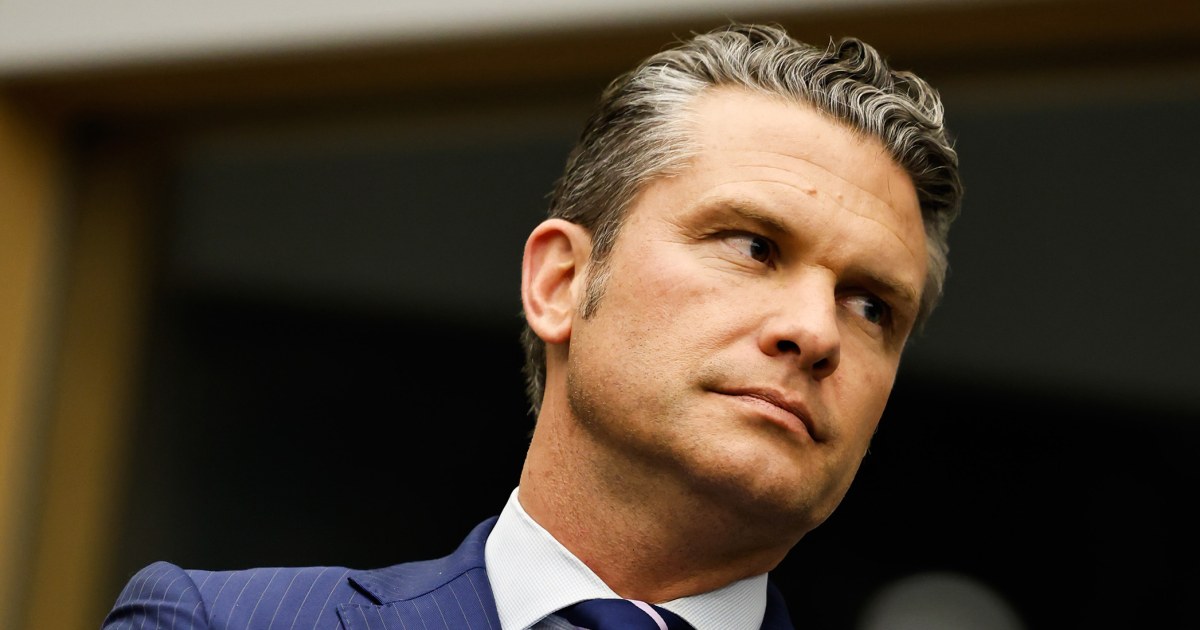Pentagon Enforces Stricter Controls on Staff Communications with Congress
The Pentagon, under Pete Hegseth, has implemented a new directive requiring personnel to obtain prior approval before speaking to Congress, aiming to ensure coordinated messaging and prevent undermining departmental priorities.
Subscribe to unlock this story
We really don't like cutting you off, but you've reached your monthly limit. At just $5/month, subscriptions are how we keep this project going. Start your free 7-day trial today!
Get StartedHave an account? Sign in
Overview
- Pete Hegseth is enforcing stricter control over Pentagon personnel, mandating prior approval before they can speak to members of Congress.
- A new Pentagon memo requires all interactions with Congress to have coordinated messaging, ensuring departmental priorities are consistently represented.
- The directive aims to restrict unauthorized engagements with lawmakers, preventing individual communications from undermining broader Department-wide objectives.
- This new policy marks a significant departure from previous practices, where individual agencies within the Pentagon managed their own congressional interactions.
- Pentagon staff must now obtain explicit permission for any communication with Congress, centralizing control over information shared with lawmakers.
Report issue

Read both sides in 5 minutes each day
Analysis
Center-leaning sources frame this story as a concerning move by the Defense Department to exert stricter control over information flow to Congress and the public. They emphasize the memo as a "crackdown" and link it to previous "unprecedented restrictions" on journalists, suggesting a pattern of secrecy. The narrative highlights strong criticism from a Democratic senator, portraying the department as "afraid of the truth."
Articles (3)
Center (1)
FAQ
The Pentagon aims to ensure coordinated messaging and prevent unauthorized communications that could undermine departmental priorities and broader objectives.
Pete Hegseth is a senior Pentagon official responsible for implementing the new policy requiring personnel to obtain prior approval before speaking to members of Congress, centralizing communication control.
Previously, individual agencies within the Pentagon managed their own congressional interactions independently, whereas the new directive centralizes control, requiring explicit permission for all communications with Congress.
The policy may improve message consistency and departmental unity but could limit spontaneous or direct communication between Pentagon staff and members of Congress, potentially affecting transparency and responsiveness.
The article does not specify exceptions; therefore, all Pentagon personnel must now secure explicit permission before engaging with Congress under the new directive.
History
- This story does not have any previous versions.

